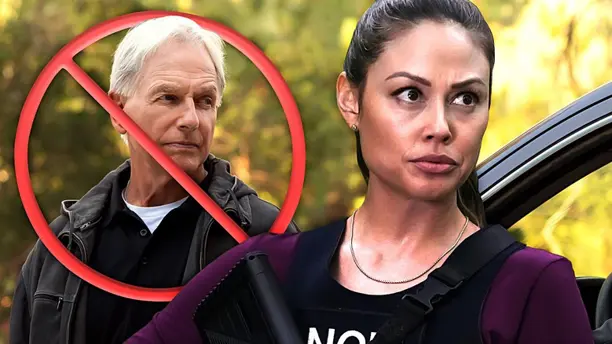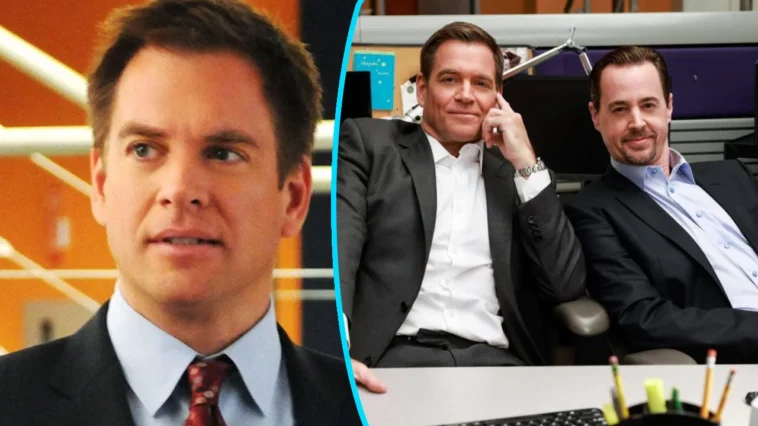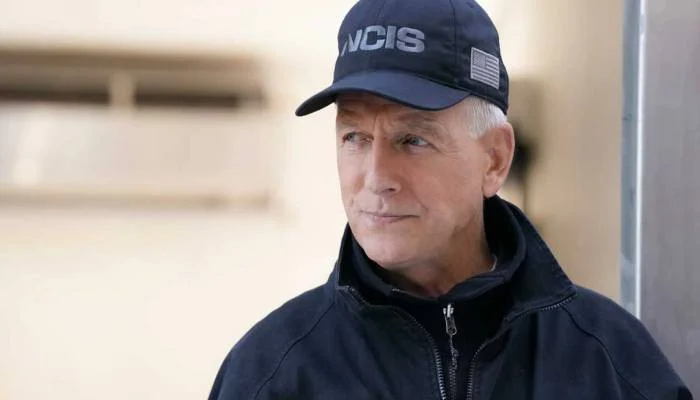Could we be witnessing the first cross-series “NCIS” feud?
Fans of “NCIS: Hawai’i” are up in arms, blaming the upcoming “NCIS: Origin” series for the cancellation of their beloved show. Taking to X, formerly known as Twitter, they’ve launched a boycott and renewal campaign, expressing their frustrations openly. Many believe CBS couldn’t afford both “Origin” and “Hawai’i,” opting for the new series featuring a veteran franchise lead over the uncertain future of “Hawai’i.”
One fan, @nicolebbdos1, speculated, “This is why NCIS Hawai’i was canceled…. budget for this show & NCIS Origins (think that’s the name) about Gibbs in his younger years leading up to him becoming a NCIS agent.” While not assigning blame, the sentiment is clear. @julianna_author subtly suggested a boycott, and several fans highlighted concerns about the lack of diversity in a Leroy Jethro Gibbs (Mark Harmon) origin story compared to “Hawai’i,” suggesting CBS might prefer a less diverse show.
But is the cancellation of “NCIS: Hawai’i” really to make room for a potentially divisive Gibbs origin story? The reality is more complex.
The TV landscape is constantly shifting, influenced by factors like ratings, production costs, and strategic decisions by network executives. While budget constraints and the appeal of a series centered on a well-known character like Gibbs might play a role, it’s not the whole story. The network’s decisions involve a multitude of considerations, including viewership metrics, advertiser interests, and the overall direction they envision for the franchise.
Ultimately, the cancellation of “NCIS: Hawai’i” and the introduction of “NCIS: Origin” reflect broader trends and challenges in the television industry. While fans of “Hawai’i” have valid reasons for their disappointment, the interplay of various factors means there’s more to the story than a simple swap. As fans rally for their show, the network will need to balance these passionate voices with the strategic demands of keeping the franchise fresh and engaging.










